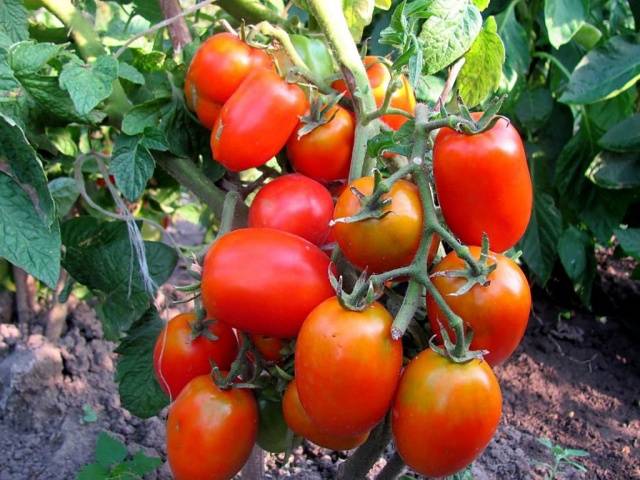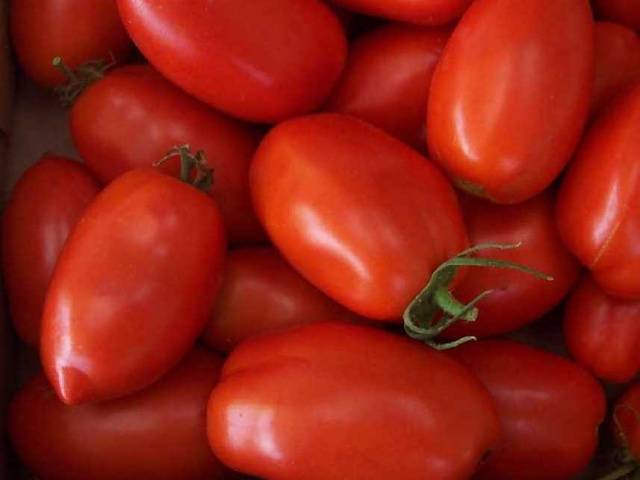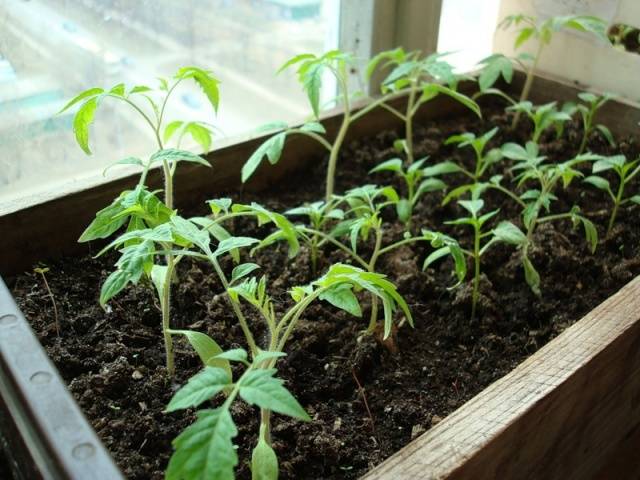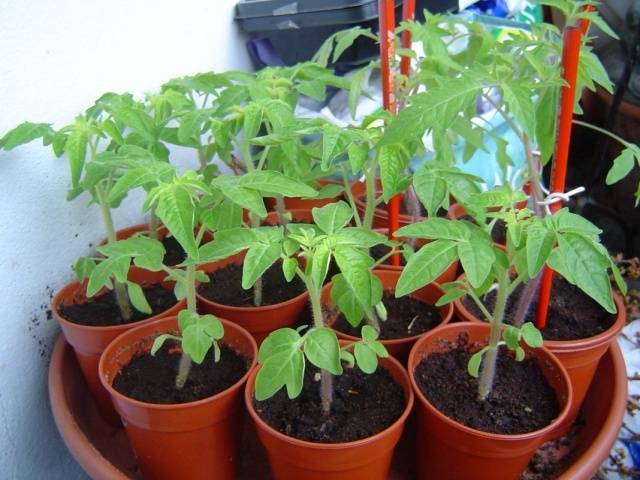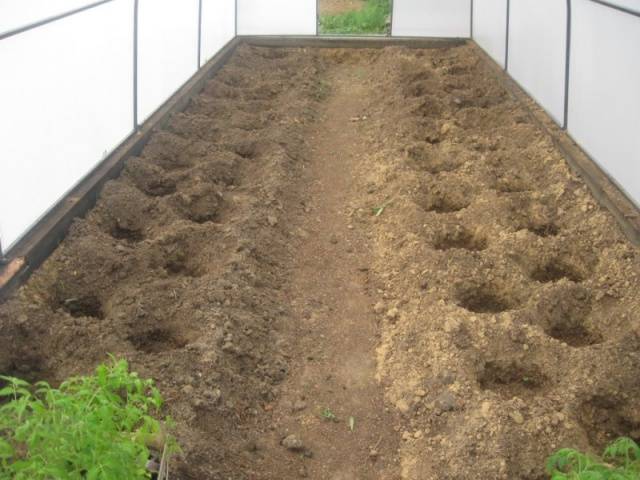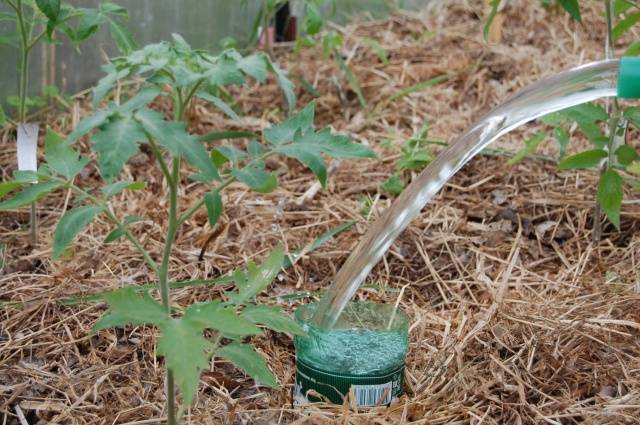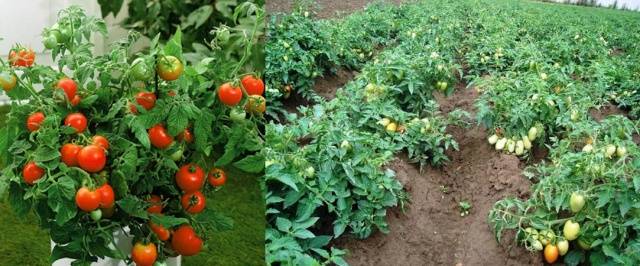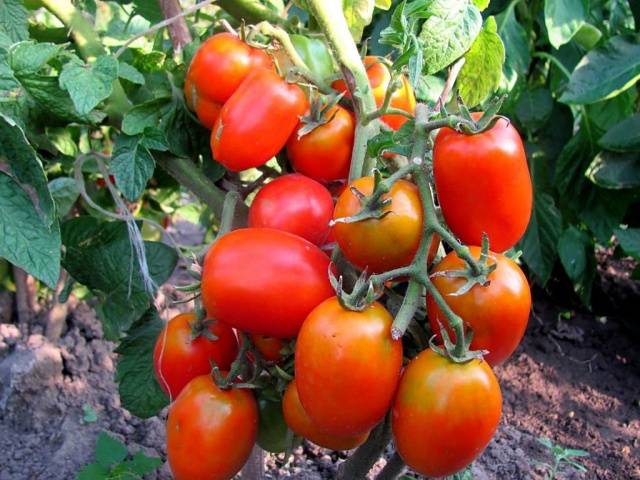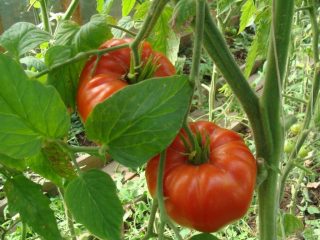Content
Tomatoes are a capricious and unpredictable culture. It happens that a gardener works in his beds from morning to night, but does not get the desired result: the tomatoes are small, get sick and do not please with taste. But in the neighboring area, the owner rarely appears, pays little attention to the garden, and at the end of the season he collects an excellent harvest of large and tasty tomatoes. The answer to this riddle is very simple: the whole secret lies in the right tomato variety. One of these win-win options is the Lazy Wonder Tomato, which is simply created for lazy gardeners and bad weather.
Characteristics of the tomato Miracle Lazy and a detailed description of this variety are given in this article. Here you can find instructions for growing and caring for a tomato with the original name, read reviews of those who planted this variety, and see photos of "lazy" bushes and fruits.
Description of the variety
The Miracle of the Lazy Tomatoes were bred by Russian breeders from SibNIIRS. This variety was intended for cultivation in the coldest regions of the country - in the Urals and Siberia.
The characteristics of the Miracle Lazy Tomato are as follows:
- the variety belongs to the ultra-early - the fruits ripen within 85-95 days after the appearance of the first shoots;
- compact bushes, standard, determinant plant type;
- the height of tomato bushes reaches only 45-50 cm, so the tomatoes do not have to be tied up;
- the tomato leafiness is medium, the leaves are also medium-sized;
- it is not necessary to pinch and shape the tomato The Lazy Man's Miracle, which greatly facilitates the care of tomato beds;
- the yield of the Chudo Lazyanka variety is high - gardeners, on average, harvest 8-9 kg of tomatoes from each square meter;
- the shape of the fruit is “cream”, the tomatoes are elongated, there is a small “nose” at the end of the tomato;
- the peel is smooth, colored deep red;
- the mass of tomatoes is average - about 65 grams;
- the taste of tomatoes Miracle is very good, moderately sweet, with a slight sourness and peppercorn that is not standard for a tomato;
- aroma is well expressed, "tomato";
- the pulp is dense, fleshy, there are few seeds and they are all small;
- the peel is thick, does not allow tomatoes to crack and quickly deteriorate;
- the crop is well stored and tolerates transportation (the dry matter content in tomatoes is more than 4%);
- Siberian tomato tolerates low temperatures well, is suitable for growing in open ground and in greenhouses;
- the variety is resistant to most diseases, including late blight (due to the early ripening period, Miracle gives off the harvest before the peak of this disease);
- the tomato is not afraid of drought, heavy rainfall and cold nights - the variety is resistant to external factors;
- growing a tomato is very simple, as it is extremely unpretentious;
- the purpose of the fruit is universal: excellent juice, puree is obtained from tomatoes, they are suitable for canning and pickling, and are good fresh.
Advantages and disadvantages
Of course, the biggest plus of the variety is its unpretentiousness - a miracle, indeed, can grow even the laziest gardener. It is also worth mentioning the purpose of this tomato - growing in the northernmost regions. This indicates the resistance of plants and the independence of the quality of the crop from external factors.
So, The advantages of the Siberian variety are:
- early ripening;
- high productivity;
- ease of growing and easy care;
- high marketability of fruits;
- excellent taste of tomatoes;
- resistance to diseases and other factors.
Growing rules
Tomato variety Wonder of the Lazy One can grow even those who have never planted anything with their own hands. This tomato is intended for novice gardeners, for summer residents who come to the site only on weekends, and for those who simply do not want to spend summer days caring for the beds.
Like all tomatoes in the middle lane, the Lazy Man's Miracle is grown through seedlings.
Landing
Seeds for seedlings must be sown 55-60 days before the expected date of planting tomatoes in the ground. The exact time is calculated based on the fact that early ripe tomatoes are planted in the greenhouse at the end of April or in the first days of May, and seedlings are taken out into the open ground in the northern regions not earlier than the beginning of June, when the threat of frost has passed.
Having calculated the landing time, they begin the process itself:
- The seeds are disinfected by soaking for several hours in a solution of potassium permanganate.
- After that, the tomato seeds are washed and left under a damp cloth until they swell (1-3 days).
- Now you need to prepare the soil for tomato seedlings. To do this, you can use a purchased substrate or prepare it yourself: mix turf, peat, sand. The soil is laid out in containers.
- The seeds are carefully laid out and sprinkled with a thin layer of dry earth. Now the plantings are sprayed from a spray bottle so that the tomato seeds are not washed out.
- Cover the seedlings with a film or a lid and put them in a warm place until the first shoots appear.
Now you need to take care of the tomatoes, periodically watering them and carefully loosen the soil. When each plant has a pair of true leaves, the tomatoes dive, transplanting them into individual cups.
A couple of weeks before planting in the ground or in the greenhouse, tomatoes need to be hardened. If this is not done, it will be difficult for tomatoes to adapt to the new conditions, most of the seedlings may die.
Siberian tomatoes should be planted in the ground or greenhouse as follows:
- The soil is prepared in advance - it is better to do this at the end of the previous season. Spread humus, fertilizers and dig up the ground. Immediately before planting tomatoes, disinfection should be carried out by spilling the ground with hot water or a weak solution of manganese.
- The holes for the Miracle are made at a distance of 30 cm from each other, 50 cm are left in the aisles - for compact standard tomatoes this is quite enough.
- Now the seedlings are carefully transferred, preferably with an earthen clod at the roots. Make sure that the tomato leaves are above the ground. If the tomatoes are too elongated, they are planted at an angle.
- Holes with tomatoes are covered with soil, lightly tamped and watered with warm water.
In the northern regions of Russia, when growing tomatoes in the open field, it is recommended to use film covers that can be removed when the tomatoes are fully grown.
How to care
Already from the name it is clear that care for the Miracle of the Lazy is not needed as such - it is enough to plant this tomato, then he will do all the work himself. It is surprising that even in bad weather, with a minimum amount of fertilizers and a lack of watering, the Lazy Man's tomato produces stable yields.
Of course, in order to increase the quantity and quality of fruits, the tomato needs to be provided with at least minimal care:
- a couple of times over the summer to feed the tomatoes with mineral or organic fertilizers (do not be zealous with nitrogenous fertilizing!);
- treat bushes from pests and infections by spraying tomatoes with special chemicals (this must be done before the stage of fruit formation);
- in a dry summer, the Miracle of the Lazy One must be watered using warm water;
- if there are a lot of fruits, it is better to tie up the bushes so that the tomato shoots do not break off under the weight;
- the beds need to be weeded or mulched regularly to prevent the growth of weeds;
- the crop should be harvested on time so that the tomatoes do not crack or rot.
Gardeners' reviews indicate that the Lazy Man's Miracle tomato produces sweeter and tastier fruits if it receives enough sunlight.
Feedback
Conclusion
Tomato Miracle Lazy is perfect for growing in the coldest regions of Russia, because the variety was bred in the Siberian Research Institute. This tomato pleases with its unpretentiousness, excellent taste, large fruits and amazing durability. The miracle of the Lazy One will be appreciated by those gardeners who live in difficult climatic conditions, as well as those who cannot devote much time to their beds.
